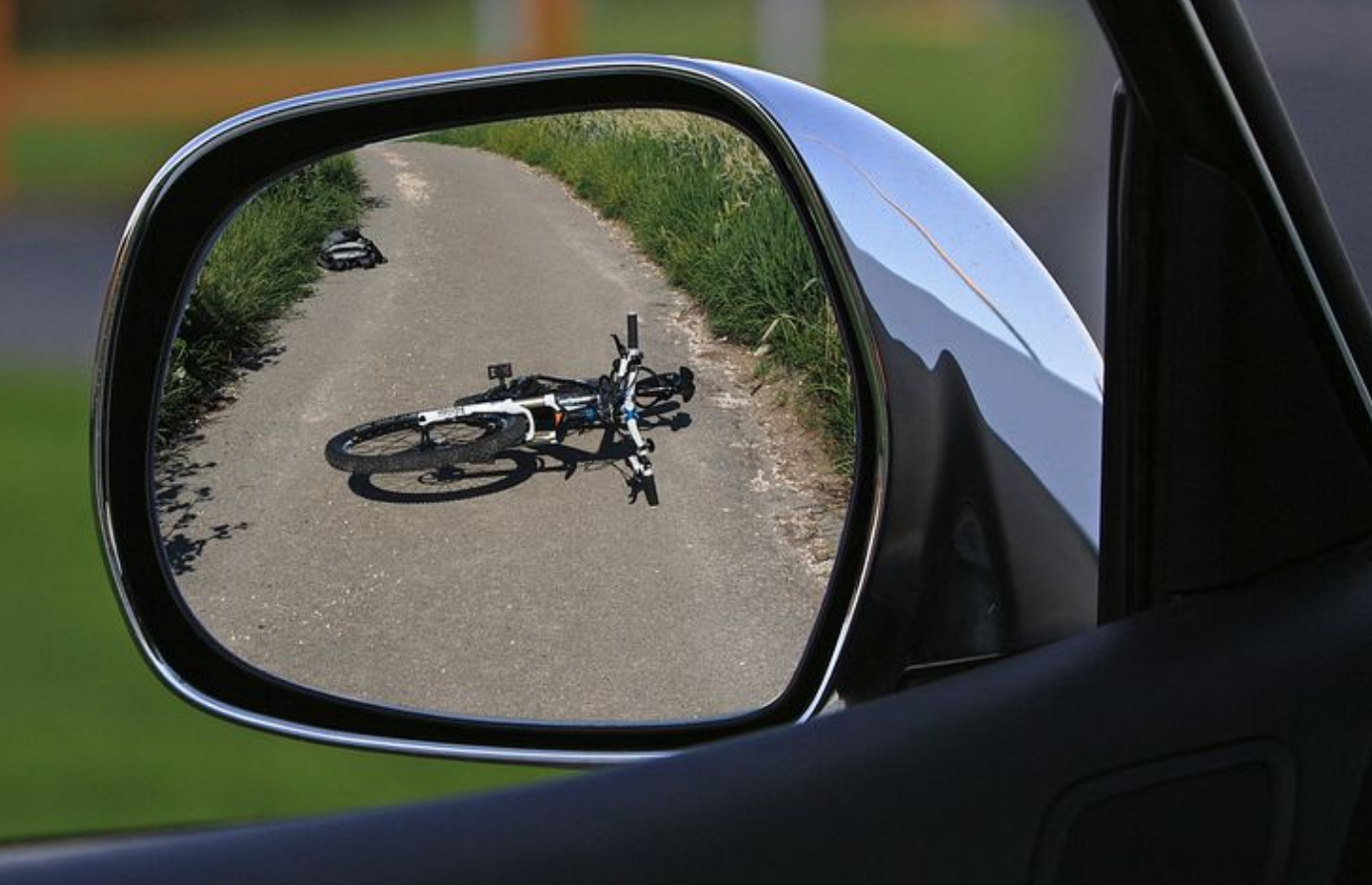The law in these cases is quite complicated, and you should not try to tackle the claim on your own.
If you have suffered an accident and are in the process of filing a personal injury claim, your attorney has probably talked to you about the importance of proving negligence to be successful with your claim and recover the damages you seek. However, you may not have a clear idea of what negligence means and how important it is to prove that negligence played a role in the incident.
What is negligence?
In personal injury cases, negligence is a legal concept that must be proved to be able to hold another party legally responsible for your injuries and losses. Whether you were hurt in a car accident, a slip and fall, through the use of a defective product, by medical malpractice, or for any other reason, proving negligence is a requirement for the case to be able to move forward.
By proving that the other person acted in a careless way, you are able to hold them legally responsible and recover damages from them.
What are the elements of negligence?
There are four elements that you as a plaintiff must prove to show that the defendant acted in a negligent way. These are:
Duty of Care
Proving that negligence was present starts by determining whether the defendant owed you a duty of care. This examines the relationship between both parties and whether one had a legal duty towards the other. You must prove that the defendant should have acted with reasonable care in the situation. In cases of car accidents, for example, it is expected that drivers should behave a certain way towards other drivers around them, keeping their distance, following traffic signals, and more.
Breach of Duty
The next step in proving negligence is looking at whether the defendant breached that duty. This could have happened by them either acting or failing to act in a way that any reasonable person would under similar circumstances.
Causation
This element has you showing that the defendant’s negligence is what caused your injuries. In this case, the jury will study whether the defendant could have foreseen that their actions might result in injuries to someone else. If it is discovered that the injury would most likely not have been foreseen, it will become very hard for you to prove that there was negligence involved.
Damages

Damages refer to the amount you should be compensated for to cover your medical expenses and other costs you have had to assume since the accident. The amount can be calculated by your personal injury attorneys in Los Angeles and you will receive it after intense negotiations by your lawyer with the other party, their insurance, or as an amount awarded to you by the court.
Do you need help proving negligence in a personal injury lawsuit?
The law in these cases is quite complicated, and you should not try to tackle the claim on your own. Also, if you are injured, it is likely that you are focusing on recovering your health and need someone to tackle the legal end. That is why, if you have suffered injuries due to someone else’s negligence, you have a much better chance of recovering your damages when working with a personal injury attorney.


Join the conversation!